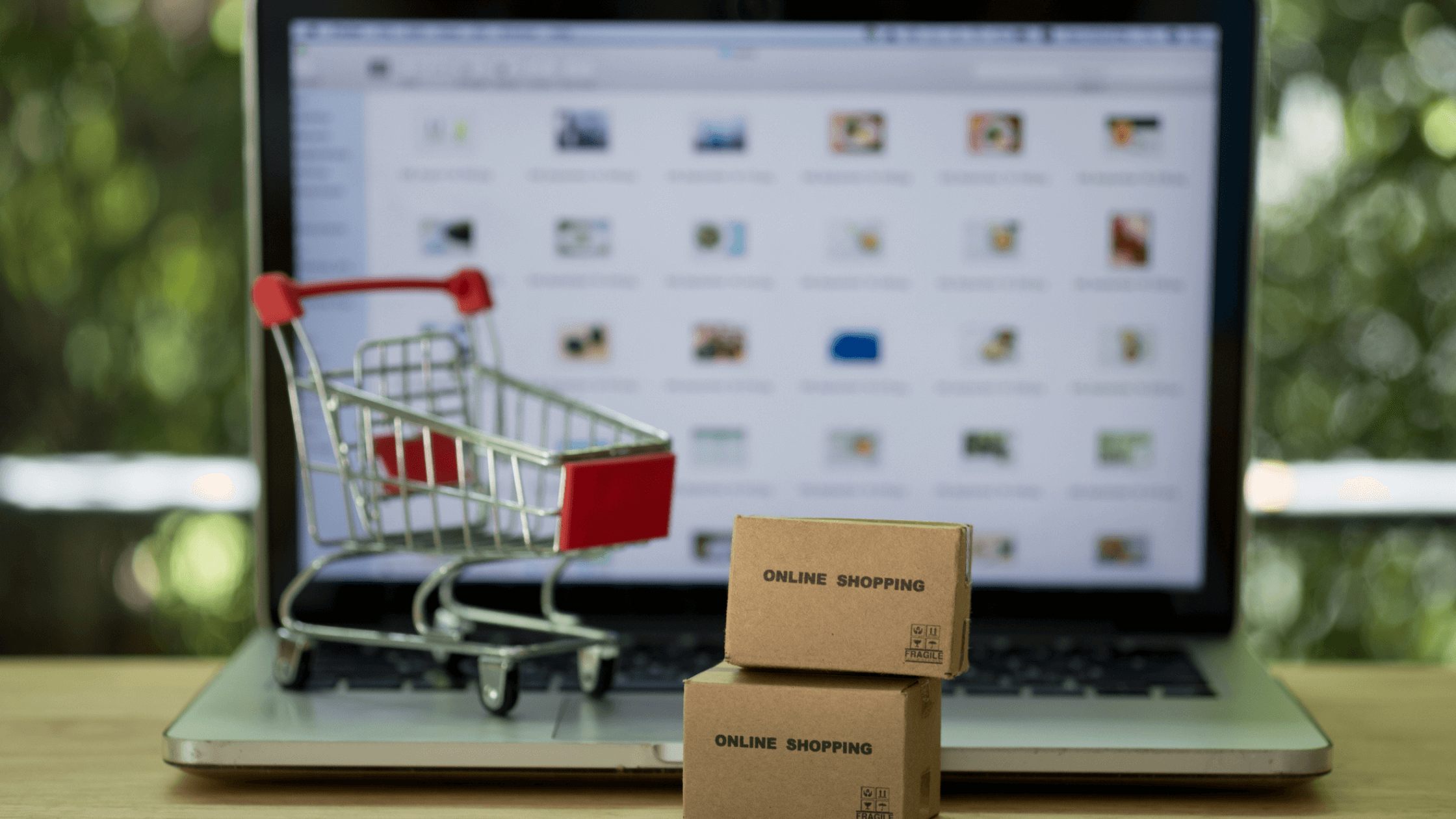Better Buy: Sea vs. MercadoLibre
October 14, 2021

When we talk about pandemic “winners” in the stock market, investors typically first turn to e-commerce providers.
That’s because these platform companies have had to deal with an unprecedented surge in demand as global economies went into a state of lockdown in 2020.
Beyond that initial enthusiasm, though, there’s also the fact that in many of the fastest-growing economies, e-commerce transactions still make up just a fraction of total retail sales.
For growth investors focused on “total addressable markets (TAMs)”, “runways for growth”, and “optionality” that all ends up being a juicy long-term proposition.
Two of the biggest regional e-commerce powerhouses are Southeast Asia-focused Sea Ltd (NYSE: SE) and Latin American giant MercadoLibre Inc (NASDAQ: MELI).
But for long-term investors bullish on e-commerce platforms, which company is the better buy right now? Let’s break it down and take a look.
Revenue growth
Both companies have multiple growth levers. For example, Sea has a leading gaming subsidiary in Garena, as well as its flagship e-commerce platform Shopee and mobile wallet Sea Money.
Meanwhile, MercadoLibre has its eponymous e-commerce marketplace as well as Mercado Pago (payments) and Mercado Envios (logistics).
Yet growth for these two comes down to revenue given they’re viewed as growth stocks.
For revenue in e-commerce providers, it helps to look at the two-year compound annual growth rate (CAGR) to smooth out any spikes.
On this front, Sea posted revenue of US$665 million in the second quarter of 2019 and saw revenue explode upwards to US$2.28 billion in its most recent second-quarter 2021 earnings.
That means Sea had a two-year revenue CAGR of 85.2%.
Meanwhile, MercadoLibre posted revenue of US$545 million in the second quarter of 2019 and saw revenue rise to a robust US$1.7 billion in the second quarter of 2021.
That means MercadoLibre comes out with a two-year revenue CAGR of 76.6%.
Winner: Sea
Gross Merchandise Value
When dealing with e-commerce companies, it helps to also look at the growth rate of gross merchandise value (GMV). This is essentially the value of all goods sold on the respective platforms.
Again, let’s take a look at the two-year CAGR to smooth out any volatility.
On this front, Sea saw its Shopee business post GMV of US$3.8 billion in the second quarter of 2019. By the second quarter of 2021, Shopee’s GMV had risen to a whopping US$15 billion.
That means Shopee’s two-year CAGR for GMV came in at 98.7%.
For MercadoLibre, its e-commerce operations saw GMV of US$3.4 billion in the second quarter of 2019 and by the most recent second quarter of 2021 that number had hit US$7 billion, giving its GMV a two-year CAGR of 43.5%.
Winner: Sea
Take rate
Finally, there’s the “take rate” which is a common metric when talking about e-commerce operators.
The take rate looks at the percentage of the value of transactions they facilitate that they get to keep as revenue.
In essence, it’s a measure of how effective e-commerce operators are at monetising their platform.
On this front, Shopee had a take rate of 5.2% for the whole of 2020. In contrast, MercadoLibre posted a take rate of an impressive 19% in 2020.
Winner: MercadoLibre
Growing faster
Overall, while MercadoLibre has been a big winner in the Latin American e-commerce space (particularly with its successful Mercado Pago wallet) and has a more established platform in its home markets, Sea has more impressive growth rates.
Partly this is to do with its extremely profitable gaming arm Garena, but more broadly, Sea also has ambitions beyond just its region.
It launched Shopee in MercadoLibre’s own backyard earlier this year by entering Brazil and Mexico. Its Free Fire game is a big hit in both Latin America and India.
Sea has plans to enter India, too, while it’s also planning a Shopee launch into Europe via Poland.
For long-term investors who believe in Sea’s expansion model (and has faith it can execute) then it looks like the better buy right now as opposed to MercadoLibre.
Disclaimer: ProsperUs Head of Content & Investment Lead Tim Phillips owns shares of Sea Ltd and MercadoLibre Inc.

Tim Phillips
Tim, based in Singapore but from Hong Kong, caught the investing bug as a teenager and is a passionate advocate of responsible long-term investing as a great way to build wealth.
He has worked in various content roles at Schroders and the Motley Fool, with a focus on Asian stocks, but believes in buying great businesses – wherever they may be. He is also a certified SGX Academy Trainer.
In his spare time, Tim enjoys running after his two young sons, playing football and practicing yoga.







